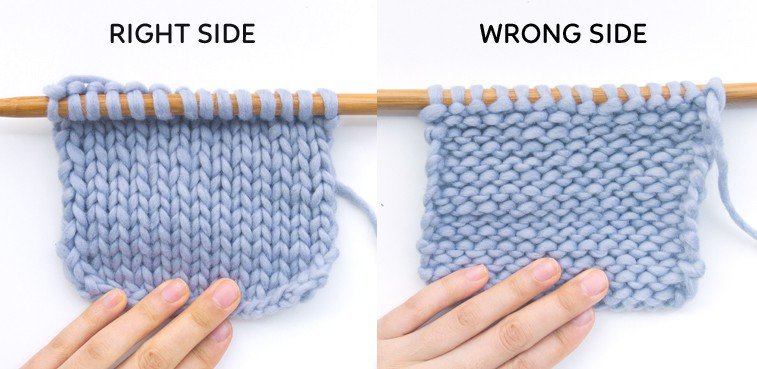Knittlations
I the coolest
Glossary
Knit
Bind off
How to end knitting to get all the loops off of the needles in a neat and orderly way which won’t come unraveled. Depending on the needs of your project, you can do different types of bind offs e.g. stretchy bind off which is especially good for toe up socks, regular bind off, etc.
Cast on
How to start knitting to get the necessary number of loops onto the needles. Once all the loops are on the knitting needles, you can proceed in pattern. Depending on the needs of your project, you can do different types of cast ons e.g. stretchy cast on to give your project more stretch, regular long-tail cast on (this is what I usually use unless otherwise noted), etc.
Fair isle
A style of knitting with multiple strands of different colors to create a pattern
Float
When carrying the yarn behind the work in colorwork knitting e.g. fair isle, the unworked yarn will create
Frog
A verb to refer to ripping out large swatches of work. Derives from “rip it” or “ribbit” aka a frog
Garter
For a piece worked flat: continuous knit rows, such that the fabric has some ridges when viewed from the RS. For a piece worked in the round: alternating rows of knit and purl, such that the fabric looks uniform on the RS. Note: The garter stitch will not generally curl, unlike stockinette. The garter stitch also looks the same when viewed from the RS vs. WS.
/GarterStitch1-5af0e8ab04d1cf00370b6808.jpg)
Knit stitch
The most basic type of stitch
Lifeline
A line of scrap yarn which is threaded through every stitch in a particular row. This is placed so that if a project needs to be frogged, you can very easily and safely slide the work off the needles and rip to your heart’s content until you reach the lifeline. The lifeline will catch all the stitches and will guarantee that you won’t drop any stitches will frogging.
Magic loop
A technique to use a longer circular needle e.g. 40” to make a smaller project circumference e.g. 9” so you don’t need the exact size cable/circular needle for every single project
Purl stitch
The inverse of a knit stitch such that if you knit a knit stitch row flat, flip the work, and then knit a purl stitch row, when looking from the RS, the two completed rows will look the same.
Ribbing
A knitting pattern with alternating numbers of knit and purl stitches to create lines (aka “ribs”) of stitches. This creates a very stretchy type of fabric so is good for cuffs, necks, etc. 1x1 and 2x2 ribbing are the most common and refer to 1 knit alternating with 1 purl stitch, or 2 knit alternating with 2 purl stitches, respectively.
Right side (RS)
The front of the work
Steek
A technique in which the completed work is prepared and cut (with scissors!). This is commonly used to knit a piece in the round (for convenience, tension, etc.) but which needs an opening, e.g. cardigan.
Stockinette
For a piece worked flat: alternating rows of knit and purl, such that the fabric looks uniform on the RS. For a piece worked in the round: continuous knit rows, such that the fabric looks uniform on the RS. Note: Due to the construction of the knit stitch, stockinette will usually end up curling at the edges.

Wrong side (WS)
The reverse side of the work
Crochet
Chain stitch
Very similar to casting on in knitting, this is the start of most crochet pieces which makes up the base off of which you build!
Double crochet (DC)
Another very common type of stitch in crochet, which is approximately 2x as tall as a single crochet. Note that this is called treble crochet in British terminology.
Half double crochet (HDC)
A cross between a single and a double crochet. (Note: I won’t be teaching/describing how to make each of the stitches in the glossary. That’s what YouTube is for!). This is approximately the height between a SC and a DC and also has an interesting property in that there are 3 top loops created in this stitch (instead of the 2 usually). Frequently patterns will call for a stitch to be made in the 3rd loop or back loop of the HDC stitch (frequently abbreviated tbl, through back loop).
Magic circle
A technique in which to make a seamless start of a circular piece. See this video
Single crochet (SC)
The simplest stitch in crochet, similar to a knit stitch in knitting. Note that this is called double crochet in British terminology.
Through back loop (TBL)
An instruction to crochet into the back loop of a stitch. This is frequently seen with HDC stitches in which the 3rd or back loop can create a different effect than crocheting into the regular loops.